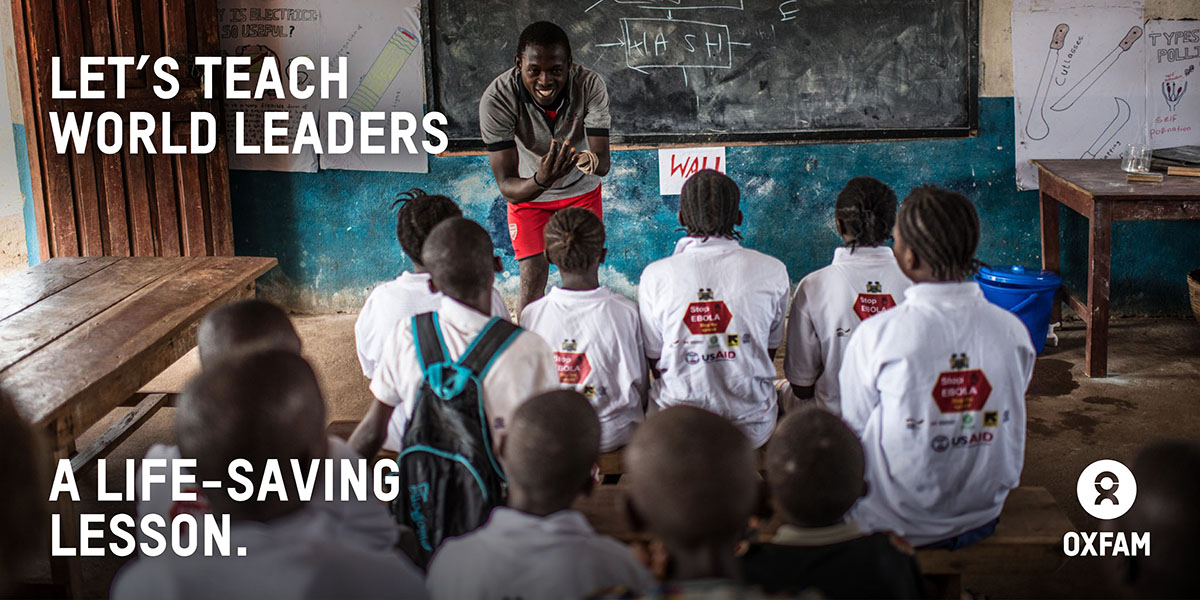Today, the first ever World Humanitarian Summit commences in Istanbul. It is taking place at a time when 125 million people are affected by disaster and conflict.
The Summit, organized by UN Secretary General Ban Ki-moon, is the first ever global summit on humanitarian issues, such as wars, the refugee crisis, and natural disasters. It is gathering world leaders, governments, and international nongovernmental organizations (INGOs) to hammer out commitments to better assist the millions of people affected by disasters and conflicts. Representatives from local organizations in countries that are affected by conflict and disaster are also invited— and it is vital that their voices are heard. It is these local people who are experiencing some of the worst humanitarian crises of our time.
The Summit is organized around five core responsibilities:
- Political leadership to prevent and end conflict
- Uphold the norms that safeguard humanity
- Leave no one behind
- Change people’s lives – from delivering aid to ending need
- Invest in humanity
While these topics may seem broad, individual meetings, events, and dialogues are meant to bring about concrete commitments in each of these areas to both improve and save people’s lives around the world. Oxfam's paper released ahead of the Summit, "Commitment to Change" sets forth our challenge to world leaders, alongside Oxfam’s own commitments to change.
We are calling on world leaders to find political solutions to end the bloodshed and suffering of conflict, to uphold International Humanitarian Law, and truly protect civilian lives where conflicts have broken out. World leaders must not look away and ignore the problems any longer; they need to do more to help some of the world's most vulnerable people fleeing conflict, persecution, and disaster.

When disaster strikes, experts are already there
Oxfam is also calling on donor governments, NGOs, and UN agencies to change in the face of ever increasing humanitarian demands— which includes working with local organizations to ensure they have the funding, resources, and power to lead humanitarian responses in their communities, while making sure that women are consulted and included in the process.
Our long term vision is that local groups, whether civil society or government agencies, will lead humanitarian responses and make sure that help gets to people who need it fast. International organizations should support these groups so that they are prepared to respond quickly and at scale.
“Leaders at the World Humanitarian Summit must make concrete commitments that deliver real change for civilians facing disaster and conflict. Fundamentally, we must see action from world leaders to reverse the shocking erosion of respect for International Humanitarian Law— this could be the Summit’s single most important legacy,” said Winnie Byanyima, Executive Director of Oxfam International, who will address government leaders at the summit.
"This failure to protect civilians and bring peace is driving so much of the suffering that refugees, displaced people and migrants face around the world. Istanbul must mark a turning point in building a more humane, humanitarian world,” Byanyima said. “Government leaders, as well as every actor involved in humanitarian crises, from the UN to Oxfam and the smallest local organization, must work together to design a better global humanitarian system. There must be more political weight and resources put into embracing local frontline organizations— like the thousands of local civil society bodies we call our partners— as genuine partners in humanitarian action.”
This Summit is a key moment of dialogue among a diverse and committed group of parties who all have the shared goal of saving people’s lives. While it is not a perfect solution and won’t solve every problem the world faces today, Oxfam believes we owe it to the 125 million people affected by conflicts and disasters today to show up at the Summit, commit to doing better ourselves, and demand others do the same.
